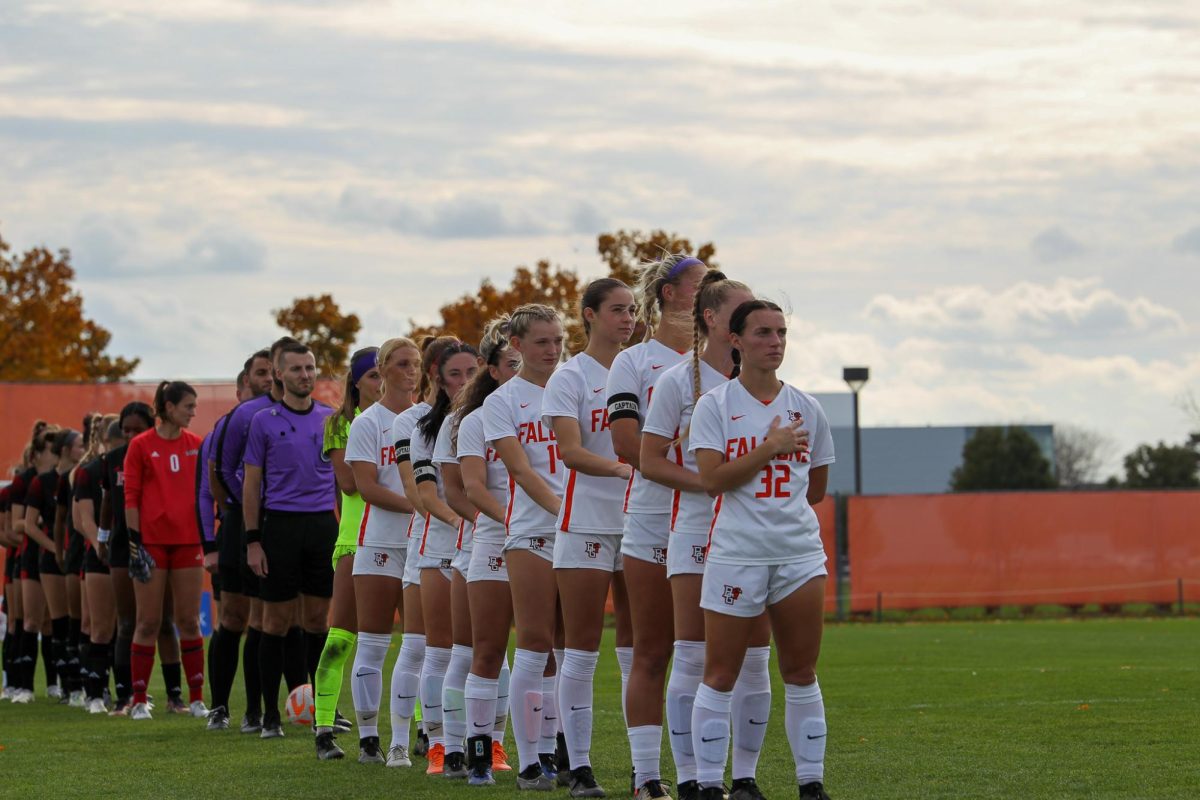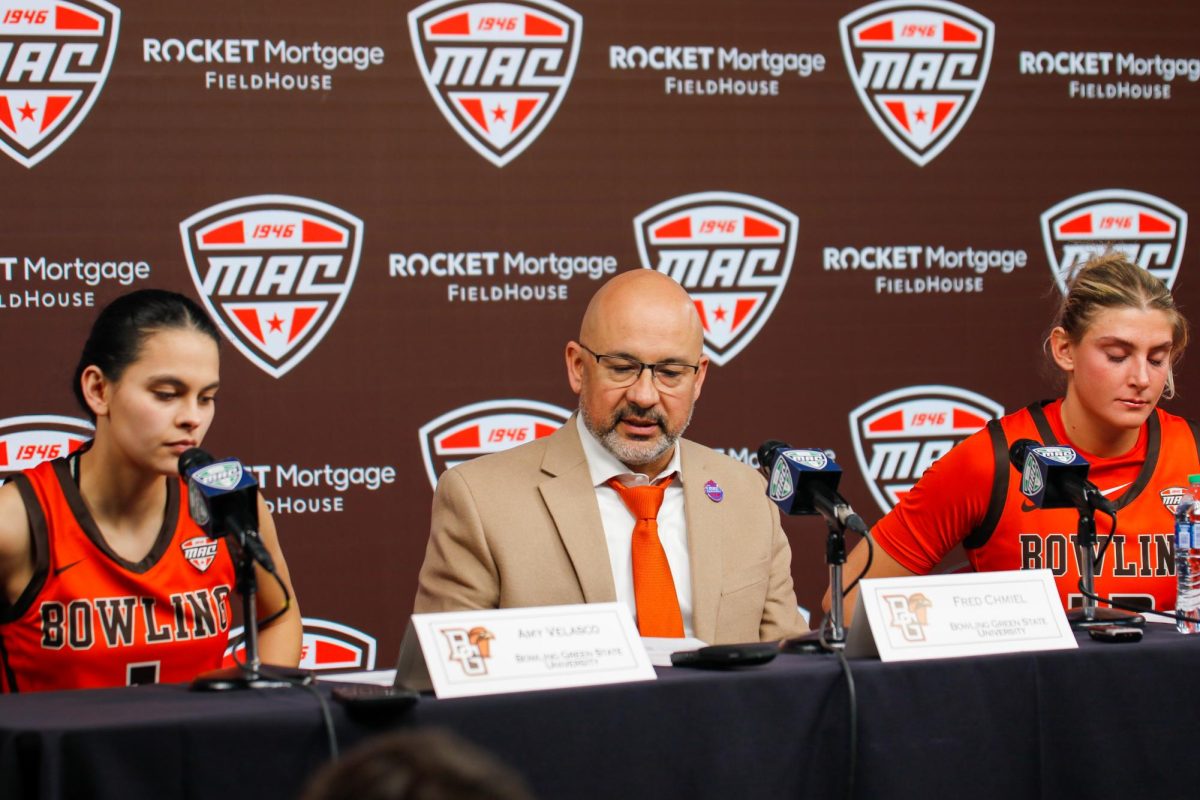Last month I registered for my last full semester of classes as an undergraduate student at the University.
My classes range from finishing up a couple of general education classes to tackling the higher level courses of my major.
In past years, class scheduling has marked an exciting new chapter in my education. I often view my anticipated classes as I would a bookstore.
My shopping cart of courses felt like a bag of new books, where I could not refrain from anticipating the limitless opportunity of knowledge ahead of me. Unfortunately, this is no longer the case.
While previous courses revealed new interests, shook my world-thinking, and challenged the foundations on which I based my life, new courses have served as busy work and are challenging only insofar as they are mere tasks to finish before the real learning can begin again.
It was instilled in me that education was a prerequisite for my future career. Recently, however, I had a job opportunity that fell through solely because I could not work and attend classes.
The very thing preparing me for my future career is the only thing stopping me from obtaining one. While thinking about it, I realized that our perception of education seems remarkably outdated.
The job market is changing, and so are we. The Internet and modern technology have created a limitless world of information that we cannot even begin to grasp.
At any time and at any place, I can learn about absolutely anything I could ever desire to.
When I took a step back from our entrenched method of education, a few questions arose. Why are we required to explore one topic, at one pre-determined time?
Quite often, I find myself walking to class on a particular subject while my mind is wholly enthralled with another. Then, for the hour or more of my class, I’m required to set aside these questions my mind wanders to and pretend to be interested in the material in front of me. This has also become a problem at home. In the past, I’ve had the free time to do personal reading and research.
With my current schedule, I’m so mentally exhausted from the busy work, that leisure study becomes the last thing I want to do at the end of the day.
Another question: Why am I required to learn from outdated textbooks that cost me hundreds of dollars a semester? The Khan Academy [khanacademy.com], for example, has a vast library of topics that are available in the form of a short YouTube clip. They also now connect your activity with social media sites like Facebook and Twitter, which socializes the educational method and incorporating your friends and family in your education journey.
For those interested in learning a new language, Duolingo [duolingo.com] creates a fun way to learn vocabulary, compete against your friends, and earn badges and milestones to track your progress.
These websites and more are all available at our fingertips. While waiting to be seated at a restaurant, I completed a lesson in Spanish at Duolingo. The best part: each of these sites is free, while education at a university will cost you tens of thousands of dollars.
Consider the fact that we all learn at different speeds. In the classroom, the teacher or professor is either required to move on without the student who is behind, or hold the rest of the class back to maintain the collective speed.
On the Internet, you learn at your own pace and on your own time. I am no longer confined to the topics the professor asks me to explore on their time.
These new educational methods are revolutionizing the way each of us learns. As time moves forward, these archaic methods will become increasingly irrelevant while the new methods eclipse them. For the sake of current and future students [as well as their bank accounts], I hope that the switch occurs sooner rather than later.
Respond to Chance at





















